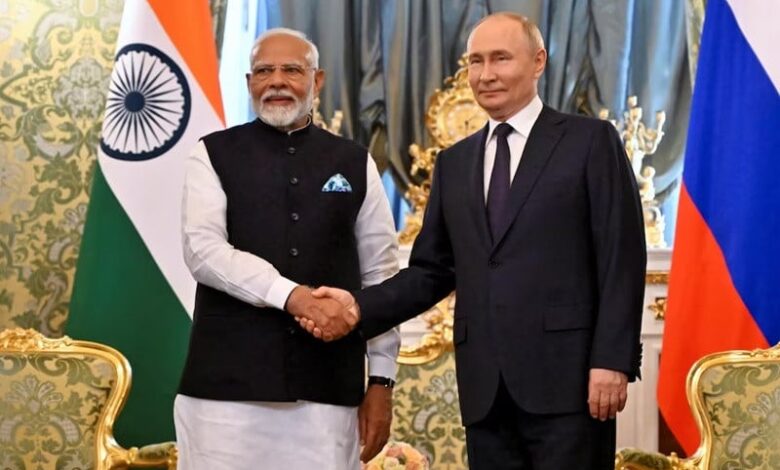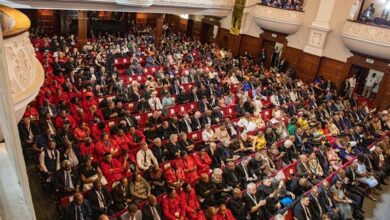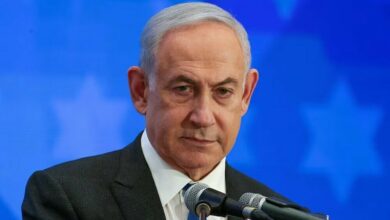
News Mania Desk/Agnibeena Ghosh/10th July 2024
Prime Minister Narendra Modi took a strong stance on the humanitarian impacts of the Russia-Ukraine conflict during his meeting with Russian President Vladimir Putin. Sitting beside Putin at a dinner on Monday, Modi emphasized the tragic loss of children’s lives in the ongoing war. During their restricted talks on Tuesday, Modi remarked, “Be it war, conflicts, or terror attacks, everyone who believes in humanity is pained when there is a loss of lives. But when innocent children are murdered, it is heart-wrenching. That pain is immense. I also held a detailed discussion with you over this.”
Modi’s statements were more direct and bold compared to his earlier remarks in Samarkand in 2023, where he declared that this was “not an era of war.” Despite expectations from Western analysts that Modi would adopt a more restrained demeanor with Putin, he maintained his usual warm and friendly approach, including hugs and handshakes. This approach surprised many in the Western world and reinforced the idea that India prioritizes its national interests.
Ukrainian President Volodymyr Zelenskyy expressed disappointment over Modi’s visit to Russia and his interactions with Putin. Zelenskyy criticized the Indian Prime Minister, stating, “It is a huge disappointment and a devastating blow to peace efforts to see the leader of the world’s largest democracy hug the world’s most bloody criminal in Moscow on such a day.”
Despite these criticisms, Modi did not shy away from discussing the Ukraine issue. In his remarks, he highlighted the “deaths of children,” and the joint statement issued by India and Russia also addressed the Ukraine conflict. The joint statement, released by the Ministry of External Affairs, emphasized peaceful resolution through dialogue and diplomacy, noting relevant mediation proposals in line with international law and the UN Charter.
US State Department spokesperson Mathew Miller had urged India, and other countries engaging with Russia, to advocate for a resolution to the Ukraine conflict that respects territorial integrity and Ukraine’s sovereignty. India’s Foreign Secretary Vinay Kwatra reinforced Modi’s sentiments, stating in a press briefing, “The PM was very clear and categorical in expressing his concern and regret for the loss of innocent lives including children.”
Kwatra also mentioned that India is ready to offer support and cooperation to address the challenges posed by the conflict and find a peaceful solution. Modi’s visit to Russia was anticipated, but its timing surprised many. It highlighted the multifaceted nature of India-Russia relations and Modi’s willingness to address global concerns, including the Ukraine conflict.
Modi’s engagement with Austria further underscored India’s balanced approach. Austria, a neutral EU nation not part of NATO, has a strong stance on the ongoing conflict. By visiting Austria, Modi demonstrated India’s openness to hearing different perspectives and finding solutions. His direct flight from Moscow to Vienna symbolized India’s commitment to considering all sides and contributing to peace efforts.
In conclusion, PM Modi’s visit to Russia and Austria showcased India’s strategic diplomacy. By addressing the humanitarian impact of the Russia-Ukraine conflict and engaging with neutral nations, Modi highlighted India’s role as a mediator and a nation committed to global peace and stability.






